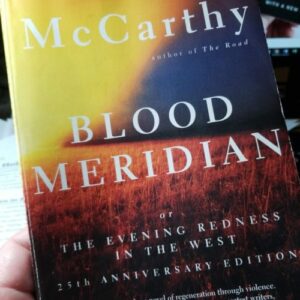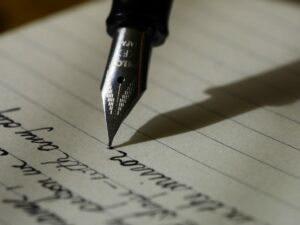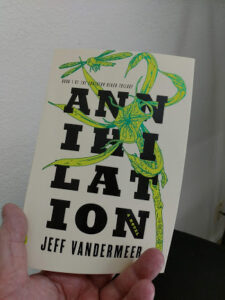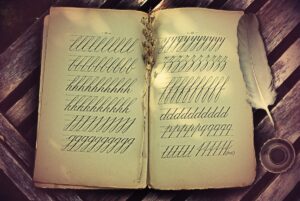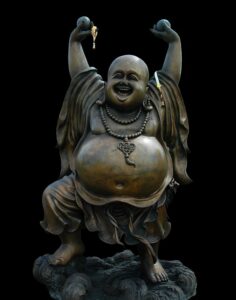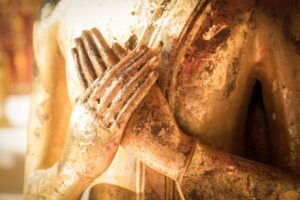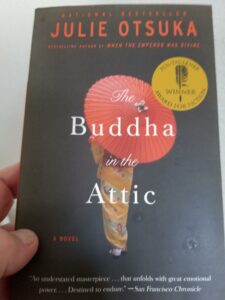
Julie Otsuka’s The Buddha in the Attic: A Reflection
The Buddha in the Attic reads like a meditation. Like a chant. Like a chronicle of the collective lives of the many Japanese women who emigrated as mail order brides to California in the 1900’s to marry Japanese men already landed in the U.S. It’s not a novel as I’ve come to understand novels. Yet
